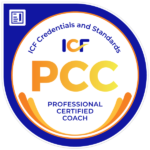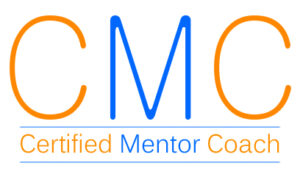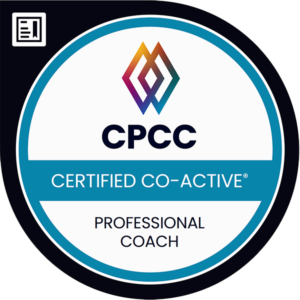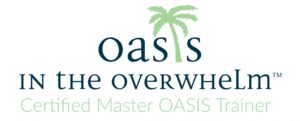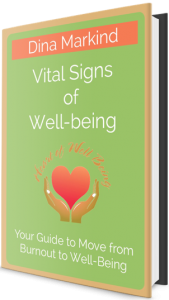“Doctors are stressed, Burned Out, Depressed, and …”* Bet you already knew this. Well, it’s come to the attention of mainstream news publications; Time magazine September 7, 2015 issue has a feature article.
The article in Time focuses on surgical residents. The need for support of all medical residents is acknowledged. What about physicians who are already in practice? It’s evident that physician burnout has roots in physician training. Check out Heart of Well-Being to see how you can revitalize your life so you can live with personal joy, more enthusiasm and in alignment with your values.
Even though I coach physicians, it is alarming that 45% of physicians have symptoms of burnout. The article in Time refers to workplace “hazing” several times and the stigma of showing signs of weakness, physical and mental. “Vulnerability is not welcome in the culture of modern medicine.” (p. 48). Yet, physicians are continually confronted with human vulnerability, physical of illness or injury, and the mental and spiritual of how to deal with these challenges.
Hazing, to the benefit of whom? Of what? It has been shown that loyalty increases as you invest more into a group, person or cause. It’s the way cognitive dissonance gets resolved. Has the ‘suffering’ by putting up with so little sleep, so much necessary bravado, constraints on care, documentation, regulations … been too high a price. Physicians don’t encourage their own children to become physicians at the same rates they used to. Physicians are looking for earlier retirement. Physicians are experiencing many negative effects of burnout. They are in a profession that has one of the highest rates of suicide.
What about physicians acting in harmony**, each bringing unique skills (developing or existing) to patient care, a group or hospital, and then acting collaboratively? This does exist in many places though clearly not enough. What is one thing you are doing to foster harmony in your work life? Please share by clicking on the text bubble, so that we can all learn from your success.
In the meantime, to increase your harmony, you might want to incorporate these practices more into your life, even if they sound basic.
- Look for what went well during your day and keep a log so you can refer back to it when things look and feel bleak. You can increase the power of this by expressing gratitude for the situation and to those who were involved.
- Nurture your social relationships, from those at work to the more intimate relations at home. Be kind, put thoughtful time and effort into your day-to-day relationships. Acknowledge people by name, look for what you appreciate about the other person and share that. Express sympathy to a co-worker when something has not gone as well as hoped. It is hard to bear the sense of failure alone, and often that sense has been blown out of proportion Your co-workers can become an important social support, especially as it relates to work.
- Capitalize on Good Fortune. So much of what physicians and nurses deal with seems like bad news, when something good happens whether or not specifically related to work, use this as an excuse to focus on the positive and express joy.
Working in harmony, what would that look like to you? Please share by clicking on the text bubble.
To prevent or recover from burnout so that you can live your life with vitality and ease in alignment with your values, contact me.
To reconnect with your well-being, join Rx for Physician Happiness; sign up at the bottom of the page.
Revitalize Your Life,
Dina, 203.744.YOU3 (9683)
If you like this post and know others who may benefit from it, please share. If you’re not yet on my list, please sign up at HeartofWellBeing.com to receive articles regularly.
*Time magazine September 7, 2015 issue, Volume 186, No. 9-10/2015, pp 42-51.
**Harmonization usually sounds pleasant to the ear when there is a balance between the consonant and dissonant sounds. In simple words, that occurs when there is a balance between “tense” and “relaxed” moments.
